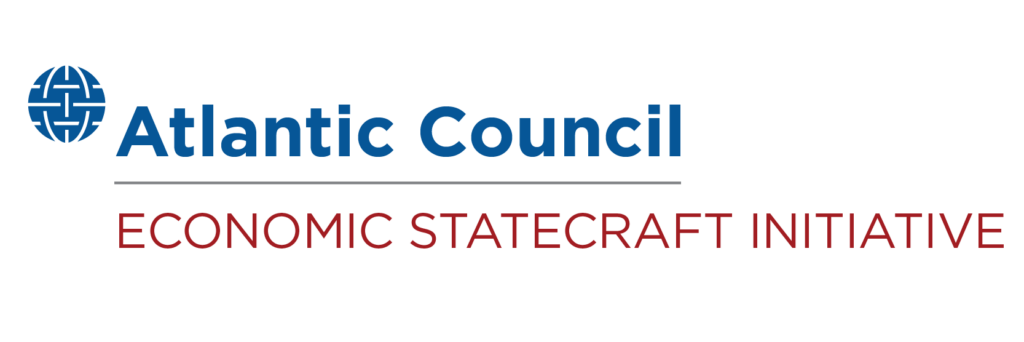After partial relief, what’s next for Syria sanctions?
The Trump administration took a bold first step toward sanctions relief for Syria with the May 23 actions by the State Department and the Department of the Treasury. Unprecedented sanctions and related relief will help the Syrian people and fulfill US President Donald Trump’s May 13 commitment for the “cessation” of “sanctions.” Much will now depend on progress made in Syria and further relief efforts.
The United States has opened meaningful space for reconstruction and private sector engagement. Efforts to do so include the Treasury’s Office of Foreign Assets Control (OFAC) issuing General License (GL) 25 (including frequently asked questions on May 28), a State Department Caesar Act waiver, and Financial Crimes Enforcement Network (FinCEN) USA PATRIOT Act Section 311 exceptive relief for the systemically important Commercial Bank of Syria. Along with other relief, the measures remove obstacles to reconnecting the sanctioned Central Bank of Syria and certain Syrian commercial financial institutions to the global financial system.
While a significant signal, these announcements do not mean a return to business as usual with Syria after forty-six years of punishing economic measures directed primarily against the former Assad regime. Syria remains a high-risk jurisdiction due to years of conflict, endemic corruption, state institution collapse, narcotrafficking of captagon, insufficient anti-money laundering efforts, and inadequate financing of terrorism controls. In February, the intergovernmental Financial Action Task Force affirmed Syria’s status on its “grey list” of jurisdictions under increased monitoring. These relief measures announced by the State Department and the Treasury are also either temporary in nature (the 180-day Caesar Act waiver) or subject to revocation at any time (GL25 and the FinCEN Section 311 exceptive relief). Additionally, other US legal and economic restrictions remain in place, including the following:
- Syria’s state sponsor of terrorism (SST) designation that, in part, removes some of Syria’s sovereign immunity in US courts;
- foreign terrorist organization (FTO) designations with attendant material support criminal liability enforced by the Department of Justice and civilly by US terrorism victims;
- United Nations sanctions, including on key members of the Syrian interim government; and
- export controls administered by the Department of Commerce.
As an immediate next step to build on this momentum, the Trump administration can take the following measures:
- Provide policy clarity on the outstanding restrictive economic measures and legal prohibitions related to the SST and FTO designations. The administration can publish a memorandum by the Department of Justice to articulate the administration’s prosecutorial policy involving alleged material support to FTOs operating in Syria. While novel, such guidance would provide greater legal clarity, especially for humanitarian organizations operating in Syria.
- Work with Congress to review the statutory sanctions in place against Syria to ensure that they reflect the fall of the Assad regime and current political developments.
- Work with allies and partners to calibrate the United Nations sanctions to current risks.
- Provide guidance, including frequently asked questions, for the Caesar Act waiver and the FinCEN Section 311 exceptive relief, as well as interagency policy guidance on the roadmap for further relief.
- Develop a policy for using and supporting partners with positive economic statecraft tools such as technical assistance to rehabilitate the financial sector, in addition to licensing, waiving, and removing restrictive economic measures.
The US government should be commended for acting swiftly to update sanctions and other authorities to better reflect the current realities on the ground. Significant work remains ahead to responsibly calibrate restrictive economic measures to achieve US foreign policy goals and support positive economic tools to allow the Syrian people to benefit from this dramatic change in US policy.
Alex Zerden is the founder of Capitol Peak Strategies, a risk advisory firm, an adjunct senior fellow at the Center for a New American Security, and a former Treasury Department financial attaché. You can follow him on X at @AlexZerden.
Related content

Economic Statecraft Initiative
Housed within the GeoEconomics Center, the Economic Statecraft Initiative (ESI) publishes leading-edge research and analysis on sanctions and the use of economic power to achieve foreign policy objectives and protect national security interests.
Image: Dirty and torn Syria flag, symbol of resistance and victory. A scene of war and devastation, the ruins of a city destroyed by conflicts. 3D Rendering.


